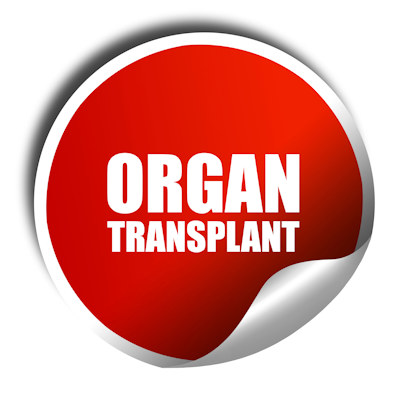 Identification of cytokine that drives organ rejection points to better transplant drugs
Identification of cytokine that drives organ rejection points to better transplant drugs
Researchers have determined the mechanism that drives chronic organ transplant failure and have identified a potential way to stop the rejection process. Read More
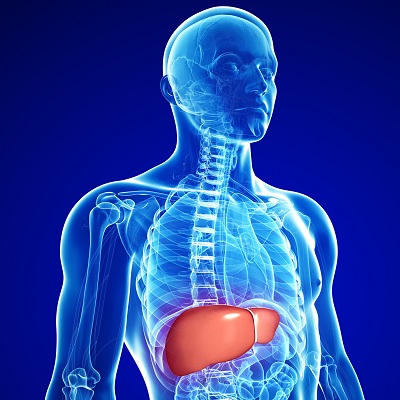 Genetically engineered probiotic keeps mice sober, protects liver after alcohol exposure
Genetically engineered probiotic keeps mice sober, protects liver after alcohol exposure
A genetically engineered probiotic has accelerated recovery from alcohol exposure in mice, suggesting the approach could mitigate hangovers and adverse outcomes associated with excessive consumption. Read More
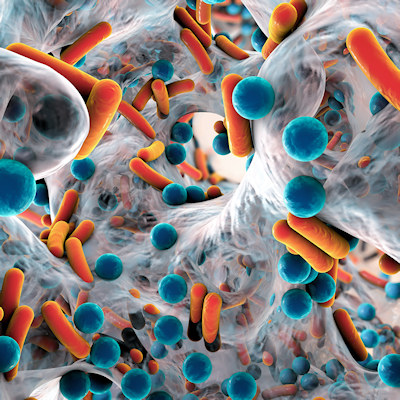 Discovery of first steps in drug resistance process reveals new targets for antibiotics
Discovery of first steps in drug resistance process reveals new targets for antibiotics
Scientists have revealed the initial mechanisms that give rise to drug-resistant Escherichia coli, pointing to potential targets for antibiotics that remain effective as bacteria mutate. Read More
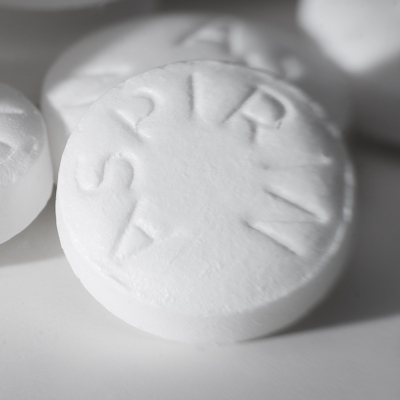 New insights into an old drug: Aspirin
New insights into an old drug: Aspirin
Recent discoveries about how aspirin works to reduce inflammation could lead to alternative medications with fewer side effects. The National Institutes of Health (NIH)-funded research was presented on Tuesday at the annual meeting of the American Society for Biochemistry and Molecular Biology, held March 25-28 in Seattle. Read More
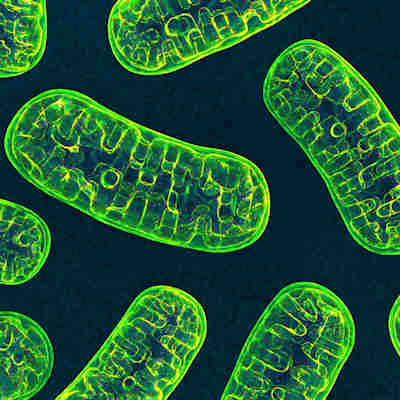 New energy-generation methods could enable creation of entirely new organisms
New energy-generation methods could enable creation of entirely new organisms
Developing biologically realistic energy-generation methods that mimic natural processes could pave the way for the creation of entirely new organisms or biomaterials, according to a study published on Tuesday in Biophysics Reviews. Read More
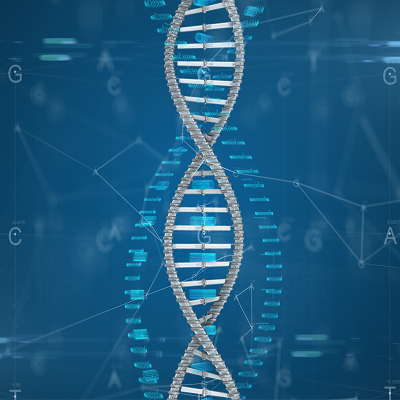 Thermo Fisher Scientific opens cell therapy facility at University of California, San Francisco
Thermo Fisher Scientific opens cell therapy facility at University of California, San Francisco
Thermo Fisher Scientific and the University of California, San Francisco (UCSF) said Monday that they will develop cell therapies for difficult-to-treat conditions, including cancers, rare diseases, and other illnesses. Read More
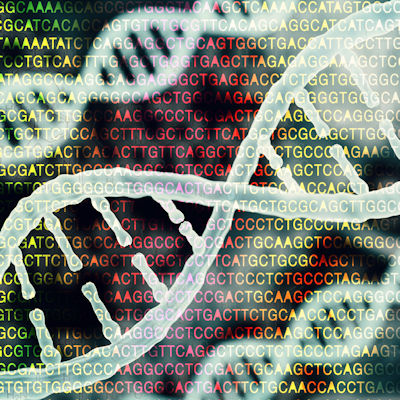 Impact of circadian rhythms on cellular functions points to better ways to treat cancer
Impact of circadian rhythms on cellular functions points to better ways to treat cancer
Knowledge of how circadian rhythms affect cellular functions involved in the formation and progression of tumors could improve cancer treatment, according to a study published in Trends in Cell Biology. Read More
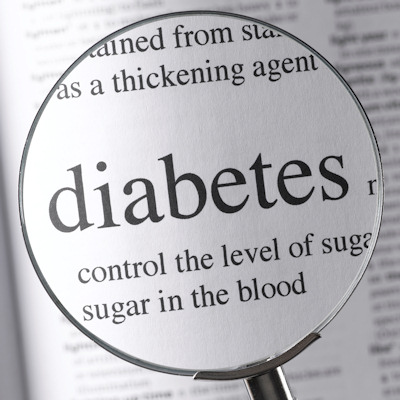 A*STAR partners with startup to create diabetes cell therapies tailored to Asian patients
A*STAR partners with startup to create diabetes cell therapies tailored to Asian patients
BetaLife has acquired the rights to human induced pluripotent stem cell (iPSC) technology from Singapore’s Agency for Science, Technology, and Research (A*STAR) for use in the treatment of diabetes. Read More
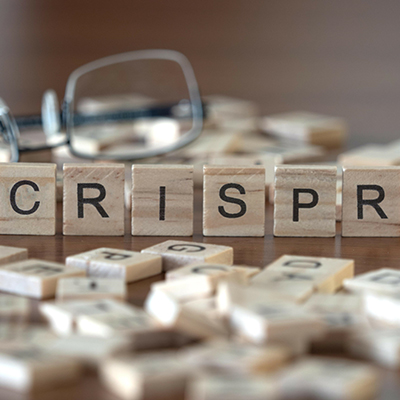 CRISPR/Cas9 mouse model reveals cellular function changes that drive rare disease
CRISPR/Cas9 mouse model reveals cellular function changes that drive rare disease
A CRISPR/Cas9 mouse model has shown how mutations that cause a rare disease affect cellular function, shedding light on how to monitor and treat the condition in the process. Read More
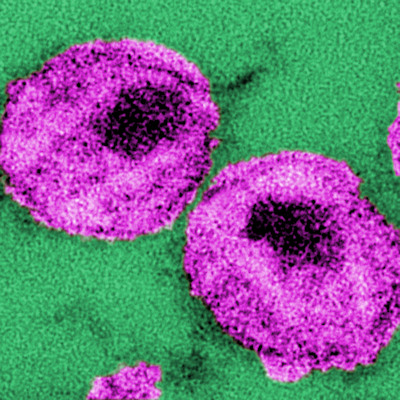 HIV potentially cured by transplanting umbilical cord stem cells in mixed race woman
HIV potentially cured by transplanting umbilical cord stem cells in mixed race woman
Transplanting stem cells from umbilical cord blood has potentially cured a mixed-race woman of HIV and freed her from taking antiviral medication, according to a case report published in Cell. Read More
Conferences
Science Briefs
Member Rewards
Earn points for contributing to market research. Redeem your points for merchandise, travel, or even to help your favorite charity.
Research Topics
Interact with an engaged, global community of your peers who come together to discuss their work and opportunities.
Connect
Tweets by @ScienceBoard






